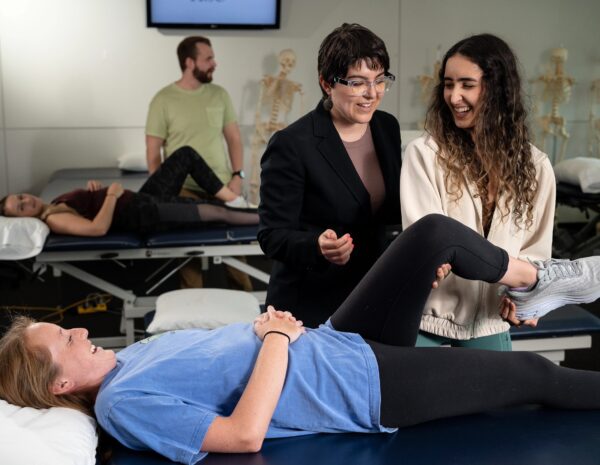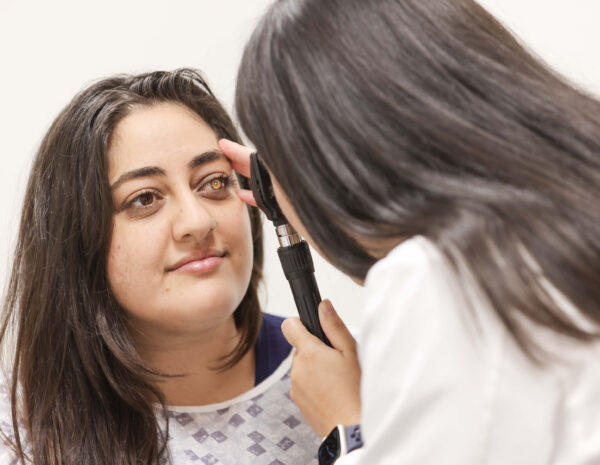The Role of Health Occupation Schools in Modern Healthcare
The Role of Health Occupation Schools in Modern Healthcare
Blog Article
How to Choose the Correct School of Wellness Professions
The significance of health occupation colleges has grown immensely in new years. With the quick progress of engineering, an aging population, and the raising complexity of disorders, the demand for well-trained healthcare specialists has reached unprecedented levels. These institutions perform a critical position in surrounding the ongoing future of healthcare by College of health professions issues through training, research, and neighborhood engagement.

Training the Next Generation of Healthcare Services
Wellness profession schools are the backbone of the healthcare system, giving comprehensive education to ambitious professionals. They equip pupils with the knowledge, technical skills, and problem-solving qualities needed seriously to exceed in demanding healthcare environments. From medical colleges and nursing programs to allied health and community health degrees, these colleges make sure that students are well-prepared to meet up contemporary healthcare demands.
Data spotlight the growing importance of such education. Based on a recently available health workforce record, the international demand for healthcare companies is expected to rise by almost 15% around another decade, driven by populace growth and improved healthcare access. Health occupation colleges are expanding their applications and presenting innovative training techniques such as electronic simulations and inter-professional collaborations to prepare pupils for the future.
Evolving Medical Study and Invention
Yet another critical share of wellness occupation colleges is their role in advancing medical study and innovation. These institutions in many cases are at the lead of groundbreaking discoveries in parts such as for instance genomics, telemedicine, and accuracy medicine. Research conducted by these colleges not just fuels development but also translates into better individual care.
The integration of research and knowledge also allows students to be definitely associated with cutting-edge reports, giving them hands-on experience. For example, recent data shows that 60% of medical improvements before decade were created in collaboration with academic institutions. This features the essential role health profession schools perform in bridging the distance between academia and scientific practice.
Handling Community Healthcare Needs
Health job schools are not just about education and research; additionally they enjoy a vital position in neighborhood health. By partnering with local businesses and healthcare companies, these institutions actively address community wellness issues such as for example use of attention, health literacy, and infection prevention. Many schools work free or low-cost centers staffed by pupils and watched by faculty, providing essential solutions to underserved populations.

Moreover, applications like community-based learning initiatives support students understand the real-world issues confronted by varied towns, fostering empathy and social competence. These hands-on activities not only benefit local populations but in addition make potential healthcare providers to deliver equitable care.
Surrounding the Future of Healthcare
The position of health profession schools in contemporary healthcare cannot be overstated. By teaching future providers, driving medical development, and addressing community wants, these institutions are developing a healthcare workforce effective at tackling current and future challenges. Their contributions are shaping a healthy, more equitable earth for decades to come. Report this page